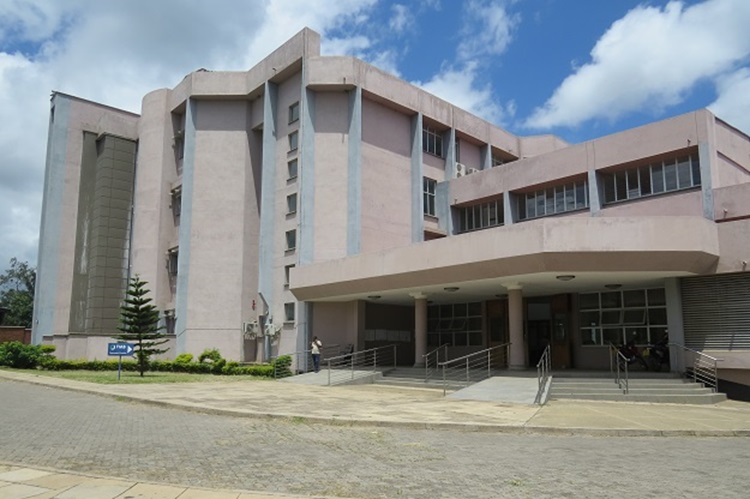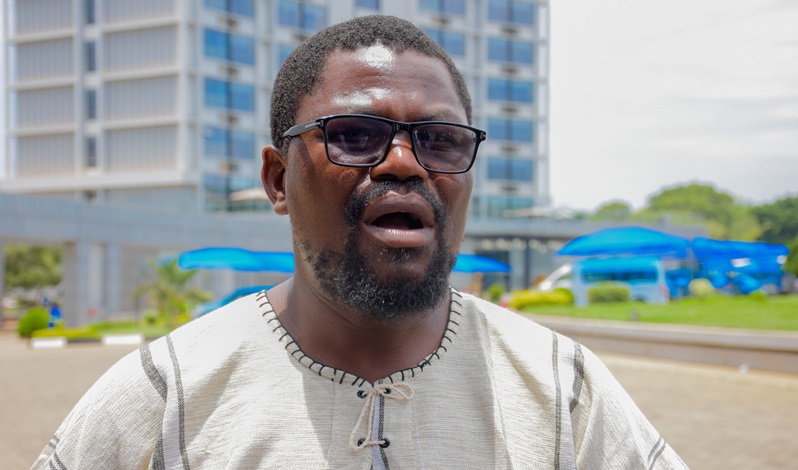A study by Afrobarometer has revealed that 60 percent of Malawians continue to trust the country’s judiciary, despite the recent wave of allegations of corruption involving judges and lawyers.
The findings, released on Thursday, show that out of the 1,200 individuals surveyed, 60 percent view the judiciary as the most trusted arm of government, compared to the executive and legislative branches.
However, the survey also indicates that 53 percent of Malawians believe that the courts tend to favour the most privileged individuals, especially those who are politically connected or economically well-off.
Additionally, 40 percent perceive that many court decisions are influenced by politicians and powerful figures, while 30 percent think that most or all judges and magistrates are corrupt.
While the judiciary still enjoys significant public trust, the survey indicates that the majority of the population believe that traditional leaders are more effective at resolving disputes than the courts of law.
Joseph Chunga, Director for the Centre for Social Research and National Investigator at Afrobarometer, stated that the current debate surrounding judicial officers does not necessarily reflect a sudden decline in the public’s trust in the judiciary.
“The trends over time, from 2008 to now, show that the lowest moment of public trust occurred in 2017, when perceptions of judicial corruption were at their highest. Since 2019, we have seen a 30 percent decrease in the perception that judges and magistrates are corrupt, which is much lower than the figures from 2017. While the debate may be intense now, it’s important to recognize that these concerns have been ongoing for some time,” Chunga said.

In response to the survey results, Peter Kandulu, General Secretary of the Magistrates and Judges Association of Malawi (MAJAM), expressed excitement with statistics that show that over 60 percent of Malawians still trust the judiciary.
However, he voiced concern over the growing perception that judicial officers are corrupt and favour the politically and economically powerful.
Kandulu firmly rejected the claim that judicial decisions are often influenced by politicians or senior government officials.
“This is an outright lie. When a case comes to court, the presiding officer bases their judgment on the facts and the law. If anyone believes a magistrate’s decision has been politically or socially influenced, they have the option to appeal to the High Court and, if necessary, to the Supreme Court. It’s hard to believe that all these levels would be politically influenced,” he said.
During plenary, Kandulu also submitted that that delays in court cases might be due to the overwhelming pressure on judges and magistrates, given the shortage of judicial officers in the country.
However, social accountability advocate Willy Kambwandira, one of the discussants at the event, counter argued by saying, “Before we consider employing more judges and magistrates, let’s ensure that judicial officers are held accountable for their actions.”
The 10th round of the Afrobarometer survey has also revealed that 77 percent of Malawians want the office of the Vice President to be abolished, saying it does not benefit the country.
67 percent of respondents oppose the idea of the president retaining the power to appoint or remove the Vice President during their tenure.





